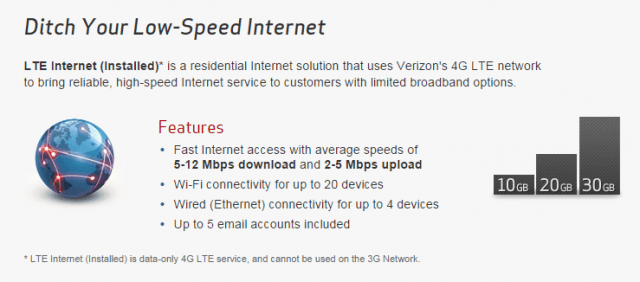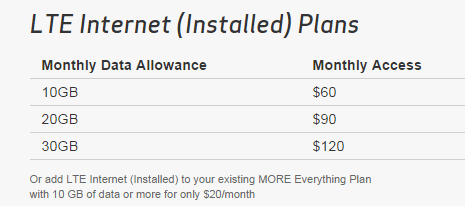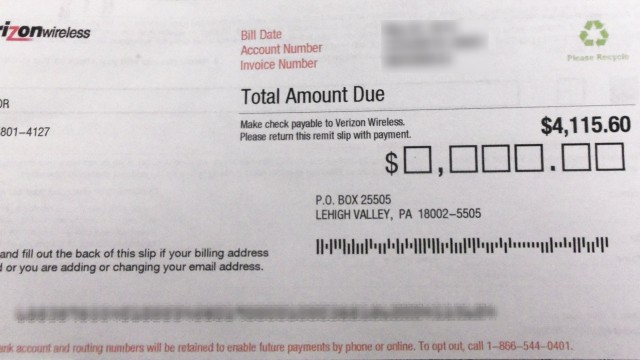 Finding affordable wireless Internet access that isn’t speed throttled or usage capped is becoming rare, but Stop the Cap! has been exploring a provider that offers both.
Finding affordable wireless Internet access that isn’t speed throttled or usage capped is becoming rare, but Stop the Cap! has been exploring a provider that offers both.
Unlimitedville is the latest authorized reseller of Sprint that has managed to get permission to market an unlimited LTE 4G wireless data plan that comes without speed throttles. The service is priced at $42.99 a month (not including certain minor fees and surcharges) and includes a 30-day free trial to test the service. A $50 setup fee includes a mobile hotspot device (typically a Netgear Zing or Pocket Wifi) that is yours to keep once you commit to the required 2-year contract (after the free trial).
Customers we have communicated with give the service a universal thumbs-up for not limiting or throttling usage. Customers in suburban and semi-rural areas near highways and interstates report the best speeds from relatively uncongested Sprint cell towers. Those in very rural areas may have a lot of trouble finding Sprint service available, so potential customers should review Sprint’s coverage map carefully for data service coverage before considering Unlimitedville.
There are some peculiarities about doing business with this reseller, however.
First, Unlimitedville acts as a front line sales agent, but accounts are apparently provisioned by an another company named Impact Wireless, a “master agent” for Sprint. After service is established, all future communications, support and billing take place directly with Sprint.
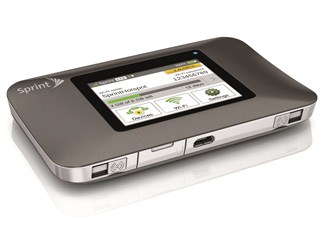 Getting service established is the first minor hurdle. Because the contract plan is intended for business use, customers will need to list a company name on the enrollment form. It is acceptable to consider yourself a consultant or use your current profession if you intend to use the service at anytime/for any reason for work or while travelling for work. No formal business registration is required. Some customers sign up using their last name, as in “Smith Consulting.” You do have to give them your Social Security number or business Taxpayer ID Number to run the usual required credit check. Most applicants are easily approved within 72 hours and Sprint will then call to help arrange for service. If you are not approved, you can agree to pay an upfront deposit and after 12 on-time monthly payments, the deposit will be returned to your account.
Getting service established is the first minor hurdle. Because the contract plan is intended for business use, customers will need to list a company name on the enrollment form. It is acceptable to consider yourself a consultant or use your current profession if you intend to use the service at anytime/for any reason for work or while travelling for work. No formal business registration is required. Some customers sign up using their last name, as in “Smith Consulting.” You do have to give them your Social Security number or business Taxpayer ID Number to run the usual required credit check. Most applicants are easily approved within 72 hours and Sprint will then call to help arrange for service. If you are not approved, you can agree to pay an upfront deposit and after 12 on-time monthly payments, the deposit will be returned to your account.
Second, some customers have recently reported they’ve been surprised to discover their account activation came with membership in a free loyalty program for a certain home improvement retail chain. With the recent demise of Karma’s Neverstop plan, disconnecting customers are banging at the doors of Unlimitedville to get in. Evidently this overflow is also affecting Impact Wireless, which evidently has some limitations on how many new customers it can enroll itself over a certain period of time. As a result, they may be looking for other entry points available to them to get customers activated as quickly as possible. Customers should be ready to be flexible. Getting unlimited wireless data from anyone these days increasingly requires creativity.
As Unlimitedville gains more visibility, there are also questions about how long it will last given carriers’ dislike of resellers that attract a lot of heavy users. The service has been around at least as long as Karma and is still welcoming new clients, so it is hard to say. It will probably last longer if customers respect the wireless network that powers it was not built to sustain customers running up a terabyte of usage a month. Being a responsible user of a limited resource is likely to help keep these kinds of unlimited services viable, an important consideration for customers who do not have the luxury of going to another provider if Unlimitedville folds.


 Subscribe
Subscribe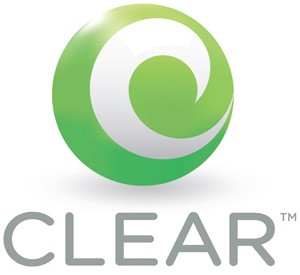 Clearwire users seeking alternatives after the wireless ISP shuts down its WiMAX network this fall are surprised to hear some Clear customer service representatives recommending Comcast as their best option.
Clearwire users seeking alternatives after the wireless ISP shuts down its WiMAX network this fall are surprised to hear some Clear customer service representatives recommending Comcast as their best option.
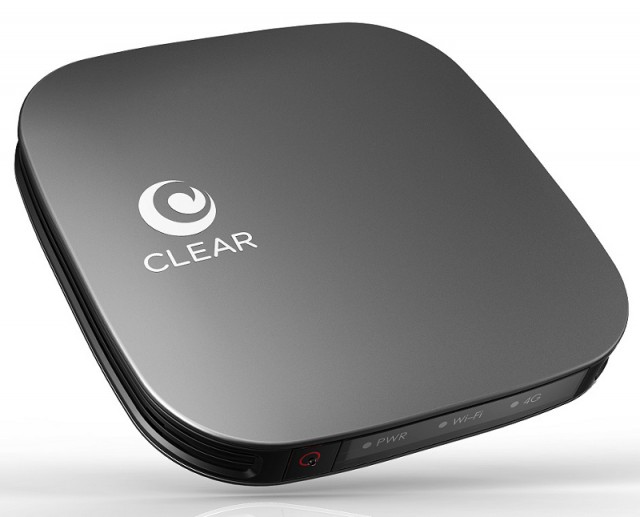
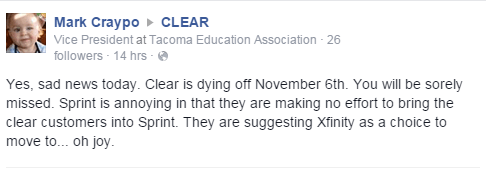 Clearwire’s
Clearwire’s 
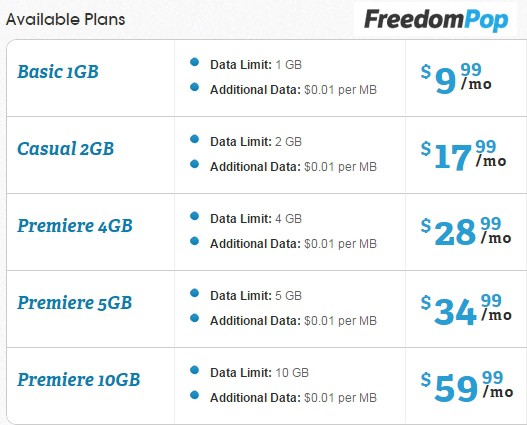


 Enter GAW, which stands for “Geniuses At Work.” Garza’s business depended on a steady stream of clients investing in his enormous mining operation. GAW Miners claimed it has 200,000 customers and $120 million in revenue in just six months. GAW also reportedly collected 28,000 Bitcoins worth over $10 million in just two months.
Enter GAW, which stands for “Geniuses At Work.” Garza’s business depended on a steady stream of clients investing in his enormous mining operation. GAW Miners claimed it has 200,000 customers and $120 million in revenue in just six months. GAW also reportedly collected 28,000 Bitcoins worth over $10 million in just two months.
 Rural Americans who cannot get cable broadband or DSL will now pay more money for less service as wireless carriers continue to cancel affordable mobile broadband plans with a generous usage allowance in favor of premium-priced, stingy usage-capped wireless Internet.
Rural Americans who cannot get cable broadband or DSL will now pay more money for less service as wireless carriers continue to cancel affordable mobile broadband plans with a generous usage allowance in favor of premium-priced, stingy usage-capped wireless Internet.
